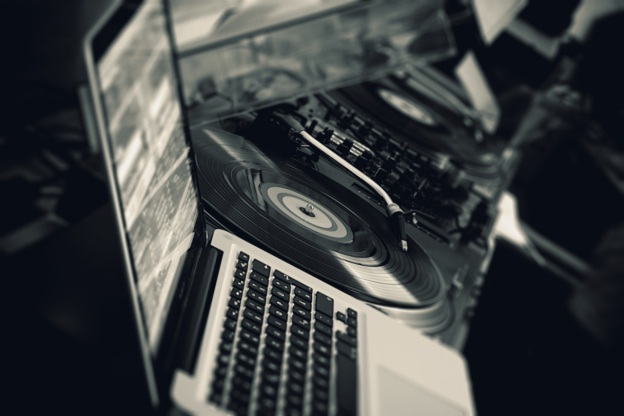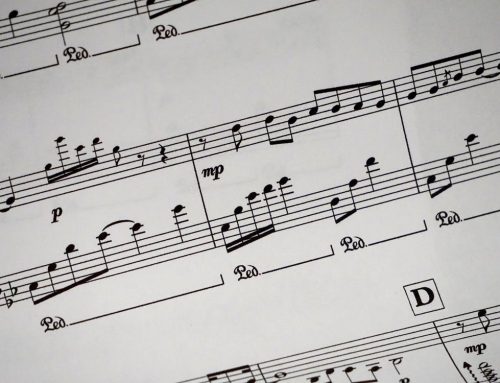Let us just clarify before we go on that there is no harm in being a hobby musician! That being said, when looking to step up your art form or discipline, or deciding to become a professional musician; upping your game is crucial.
Up Your Musical Skills
Sure you can work long and hard fine tuning your fingers on the guitar or piano, conditioning your lungs for a wind instrument or sharpening your musical sense through musical composition and editing software!
All this is very useful but these aren’t the only factors that determine your success in the world of music.
What else?
There are many things that come into play when it comes to navigating the music industry or a professional musical practice. Some of these include people skills, managerial skills, coordination and planning.
The one we’re going to focus on, however, is something many professional artists struggle with, in their formative years. This important skill is something we call ‘time management’.
Time Management for Musicians
Music is emotionally and sometimes physically taxing. In order to put out good work, you might need to get into a frame of mind, spend hours with your equipment and even more time fine tuning what you record. Juggling the actual production of your work and other processes to keep your business afloat is where time management comes in!
How to go about it?
Below are five simple techniques and skills that will help you better manage your time as a professional musician:
Planning
Planning is needed to streamline any process whether artistic or otherwise. When planning for a musical project, it is useful to include:
- Deadlines
- Daily Tasks
- Material or content you wish to use or refer to
Planning does not just help you keep on track. It makes you look impressive and put together when working with a team or clients. In other words, it leaves a good impression!
Prioritizing
There will be other tasks waiting for you when you are working on a composition. You may also have tasks that, if not seen through, will hamper or stop your project short. Make sure you handle the following on a priority bases:
- Scheduling for sessions with other professionals (because availability has to be negotiated)
- Upcoming deadlines
- Jobs that might take a few days in process
The three listed are not the only things you need to prioritize. You will know exactly what holds importance and urgency in your work. This means you will know exactly what to prioritize.

Allotted Isolation
Of course as a musician you’re going to need to pull back and work on the core of your earnings; the music its self! If you need time alone for this, or undisturbed jam sessions, allocate that time in advance. Once you make your daily dedicated production hours abide by them and do not let anything or anyone get in the way!
Software and Automation
You can save a lot of time if you use the right kind of automated processes through the right software. Musical software enables you to speed up tasks that might otherwise have been extremely time consuming. This way, you save time for whatever other attention you feel your music business might need. Musical notation software is one example of such time saving technology!
Stick to It
Once you have done the above— made your schedules, plans and allotments as well as set your deadlines— stick to them religiously! The difference between a successful professional musician and someone who plays for fun is how you navigate, plan and manage yourself. No one will value and respect your time and schedule unless you do, so take that first step.
Upshot
Though it is all very well to think spontaneity and genius always go hand in hand, in the highly competitive world today, one needs to be solid, musician or otherwise! Get into it, get organized and get going!
If you need support with music notation, check out what we’ve got!






